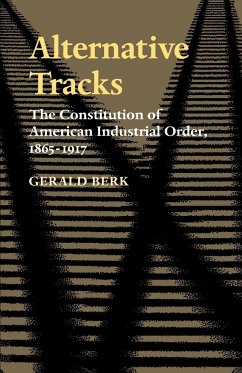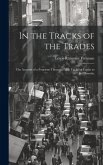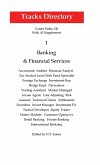"Gerald Berk's Alternative Tracks is a lean but provocative, timely, insightful, and forcefully written challenge to the conventional wisdom about industrial America's political economy". -- Review of Politics At the heart of Alternative Tracks is the historical relationship between democracy. and the modern corporation. Gerald Berk uses the case of the railroad industry to show that industrial centralization and corporate hierarchy did not follow a course solely determined by the efficiency imperatives of modern technology. Rather, collective choice and the state had lasting influence on the development of corporate capitalism. Moreover, the role of government depended less on the exercise of interest-group or class power than it did on the protracted struggle over constitutional norms of fairness and justice relating to corporation and the market. Mediated through the court, Congress, and the bureaucracy, this struggle had profound effects on the organization of railroads, the pattern of urbanization, and the practice of business regulation. "A very impressive work ... Offers the reader real insight into the technical factors and financial arrangements involved in the development of American railroads". -- Perspectives on Political Science "Berk has offered some powerful questions for future scholars to keep in mind, and no student of railroad history or the history of business can afford to overlook this book". -- American Historical Review "An ambitious effort to make sense of how the modern American state was fashioned". -- American Political Science Review
Hinweis: Dieser Artikel kann nur an eine deutsche Lieferadresse ausgeliefert werden.
Hinweis: Dieser Artikel kann nur an eine deutsche Lieferadresse ausgeliefert werden.








